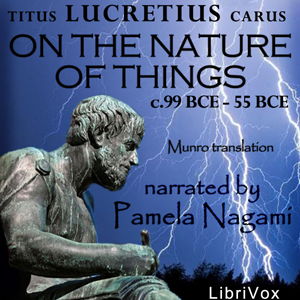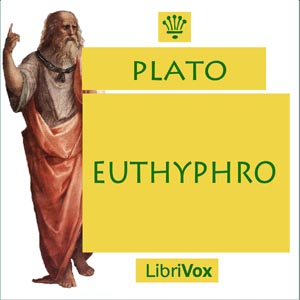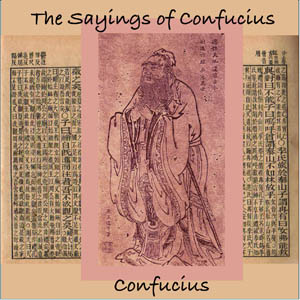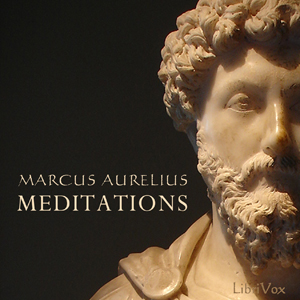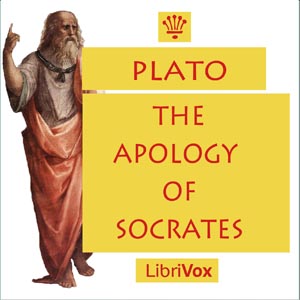- Book I, Pt. 1
- Book I, Pt. 2
- Book I, Pt. 3
- Book I, Pt. 4
- Book I, Pt. 5
- Book I, Pt. 6
- Book II, Pt. 1
- Book II, Pt. 2
- Book II, Pt. 3
- Book II, Pt. 4
- Book II, Pt. 5
- Book II, Pt. 6
- Book III, Pt. 1
- Book III, Pt. 2
- Book III, Pt. 3
- Book III, Pt. 4
- Book III, Pt. 5
- Book III, Pt. 6
- Book III, Pt. 7
- Book IV, Pt. 1
- Book IV, Pt. 2
- Book IV, Pt. 3
- Book IV, Pt. 4
- Book IV, Pt. 5
- Book IV, Pt. 6
- Book V, Pt. 1
- Book V, Pt. 2
- Book V, Pt. 3
- Book V, Pt. 4
- Book V, Pt. 5
- Book V, Pt. 6
- Book VI, Pt. 1
- Book VI, Pt. 2
- Book VI, Pt. 3
- Book VI, Pt. 4
- Book VI, Pt. 5
- Book VI, Pt. 6
Titus Lucretius Carus (c. 99-55 BC), the author of "De Rerum Natura" or "On the Nature of Things," was a Roman poet and philosopher. The work, a didactic poem expounding the teachings of Epicurus, often rises to sublime and lyrical heights. Lucretius enjoins us to shun superstitious fears and religious rituals. The universe is governed by the laws of matter and energy. The world, like ourselves, is mortal. But the philosophic materialism of Lucretius does not impair his awestruck delight in the spectacle of the heavens, in the play of dust motes in a beam of light, in the sight of molten metals, or of the fierce breed of lions, or of horses surging from a starting gate. And above all, Lucretius is interested in his fellow human beings, who though fearful, are also the curious observers of everything around them. (Summary by Pamela Nagami, M.D.)
There are no reviews for this eBook.
There are no comments for this eBook.
You must log in to post a comment.
Log in

